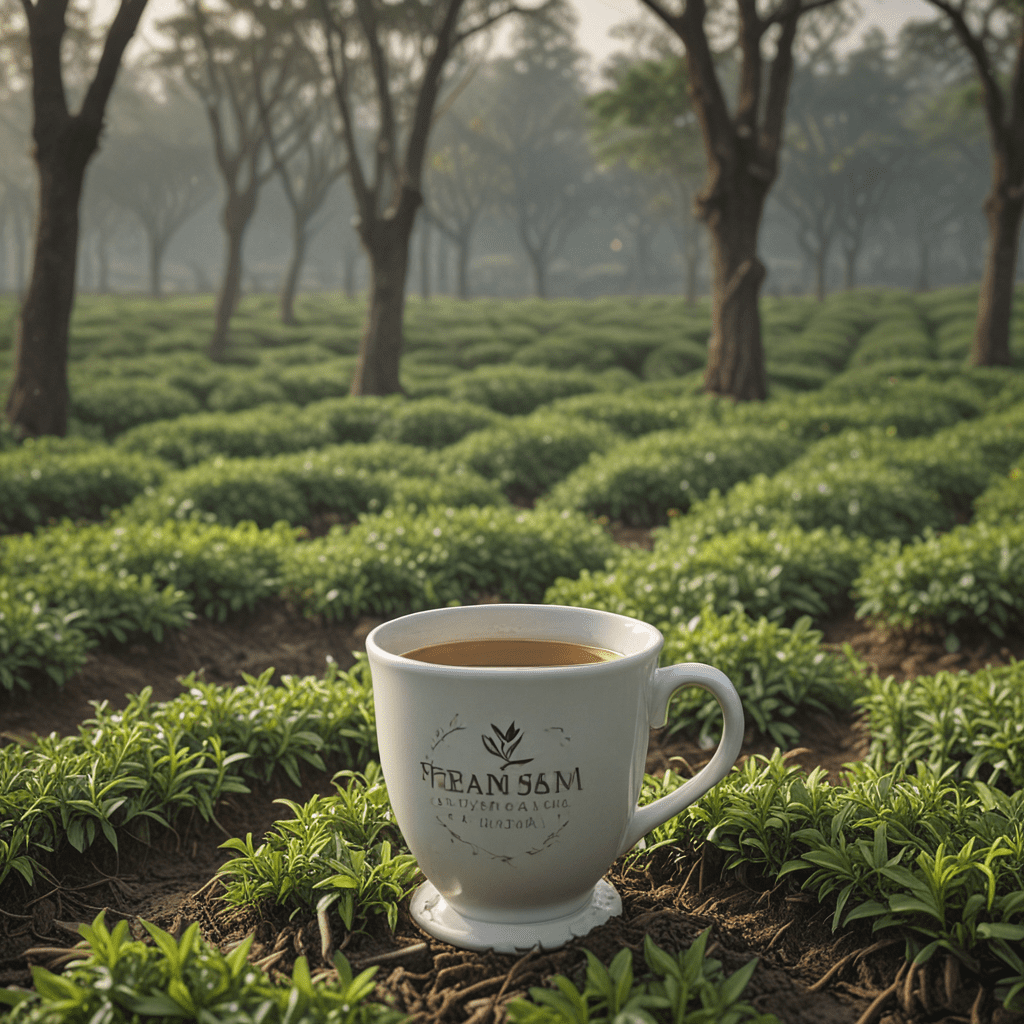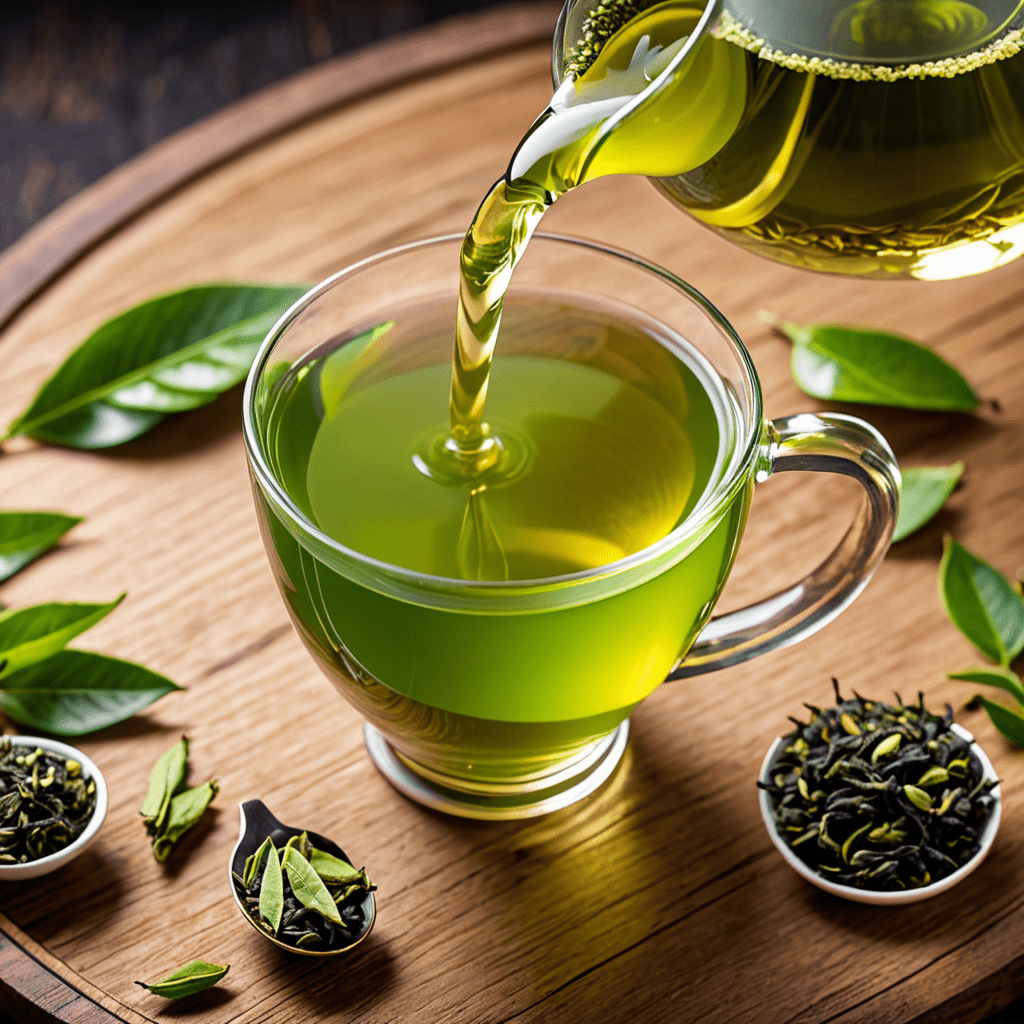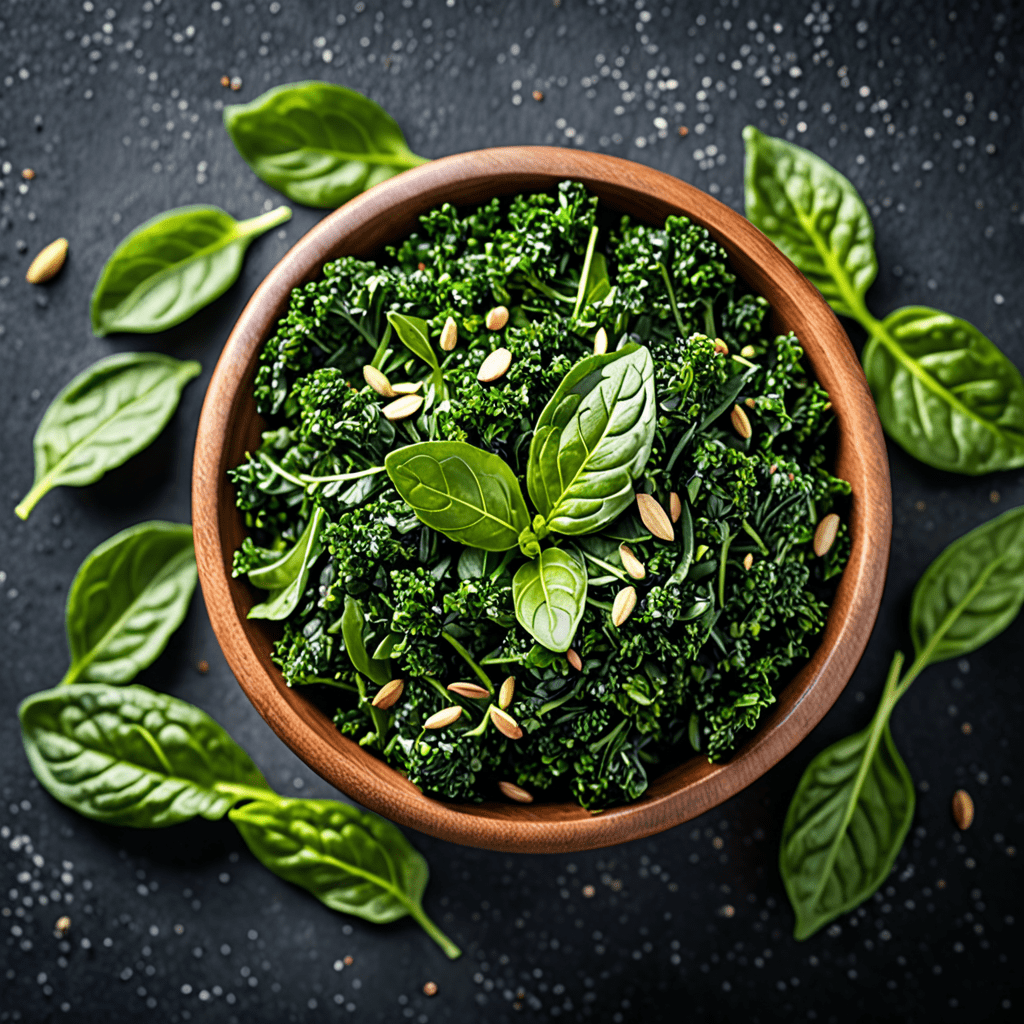The Enchanting Landscapes of Assam
Nestled amidst the verdant foothills of the eastern Himalayas, Assam, a region in northeastern India, captivates with its breathtaking natural beauty. The Brahmaputra River, the mighty lifeline of the region, meanders through the undulating landscape, nourishing fertile plains and creating a tapestry of vibrant ecosystems. It is within this idyllic setting that the world-renowned Assam tea gardens flourish, their verdant rows stretching out like an emerald carpet.
Brahmaputra's Nurturing Embrace
The Brahmaputra River plays a pivotal role in shaping the unique terroir of Assam tea gardens. Its annual flooding deposits rich alluvial soil along its banks, providing an ideal foundation for tea bushes to thrive. The river's cool, crystal-clear waters irrigate the gardens, ensuring a consistent supply of moisture essential for the growth and health of the tea plants. The river's presence also moderates the climate, creating a humid environment that further enhances the tea's flavor and aroma.
A Symphony of Soils: Red Laterite and Alluvial Terrains
Assam tea gardens occupy two distinct soil types: red laterite and alluvial soil. Red laterite, formed from the weathering of rocks, imparts a distinctive mineral character to the tea. Its well-drained nature promotes deep root growth, allowing the tea bushes to access essential nutrients from the subsoil. Alluvial soil, deposited by the Brahmaputra River, is rich in organic matter and provides excellent water retention capabilities. Together, these soils offer an optimal balance for tea cultivation, contributing to the complex flavors and robust body of Assam teas.
The Equatorial Sun's Golden Touch
The equatorial sun shines generously upon the Assam tea gardens, providing the perfect balance of sunlight and warmth for optimal tea growth. The intense sunlight promotes photosynthesis, the process by which tea plants convert sunlight into energy. The warm temperatures accelerate the growth and development of the tea leaves, enhancing their flavor and aroma potential.
Abundant Rainfall: A Lifeline for Tea Bushes
Assam receives abundant rainfall throughout the year, with the monsoon season bringing heavy downpours that rejuvenate the tea gardens. The high humidity levels create an ideal environment for the growth of tea plants, as they thrive in moisture-rich conditions. The rainfall also helps to leach nutrients from the soil, making them readily available to the tea bushes.
The Mikir Hills: Guardians of the Tea Gardens
Nestled amidst the lush Mikir Hills, the tea gardens of Assam enjoy a protected microclimate that further enhances the quality of the tea. The hills act as a natural barrier against cold winds, creating a warm and humid environment ideal for tea cultivation. The hills also provide shelter from excessive rainfall, ensuring that the tea bushes receive just the right amount of moisture they need to thrive.
Traditional Cultivation Practices
Assam's tea gardens are renowned for their traditional cultivation practices that have been passed down through generations. Tea bushes are grown from cuttings, ensuring the preservation of desirable traits and the consistent high quality of the tea. The gardens are meticulously maintained, with regular pruning and fertilization to promote healthy growth and maximize yields. These traditional practices contribute to the unique character and flavor profile of Assam teas.
From Bush to Cup: The Skill of Tea Plucking
Tea plucking is a delicate and crucial step in the tea-making process. In Assam, skilled tea pluckers meticulously harvest the tenderest leaves and buds from the tea bushes. Only the top two leaves and the bud are plucked, as they contain the highest concentration of flavor and aroma compounds. The skill and experience of the tea pluckers play a vital role in determining the quality of the final product.
The Magic of Fermentation: A Transformation of Flavors
After plucking, the tea leaves undergo a process of fermentation, a controlled oxidation that transforms their chemical composition and develops their distinctive flavors. In the case of Assam tea, the fermentation process is relatively short, typically lasting for 12-24 hours. During this time, the leaves are carefully monitored to ensure optimal flavor development. The fermentation process imparts Assam teas with their characteristic malty, full-bodied flavor and rich, dark color.
A Heritage Brew: The Distinctive Character of Assam Tea
Assam teas are celebrated for their robust, full-bodied flavor and malty aroma. The unique terroir of the region, combined with traditional cultivation practices and skilled craftsmanship, results in a tea that is rich in character and complexity. Assam teas are perfect for those who enjoy a strong, flavorful brew that can be enjoyed with or without milk and sugar.
FAQ
What is the difference between Assam tea and other black teas?
Assam tea is known for its robust, malty flavor and full body, which is attributed to the unique terroir of the region and the traditional cultivation and processing methods used.
How is Assam tea brewed?
Assam tea can be brewed using a variety of methods, including the traditional Indian method of boiling the tea leaves in water with milk and sugar. It can also be brewed using a teapot or a French press.
What are the health benefits of Assam tea?
Assam tea contains antioxidants that may help protect against heart disease and cancer. It is also a good source of caffeine, which can help improve alertness and focus.


